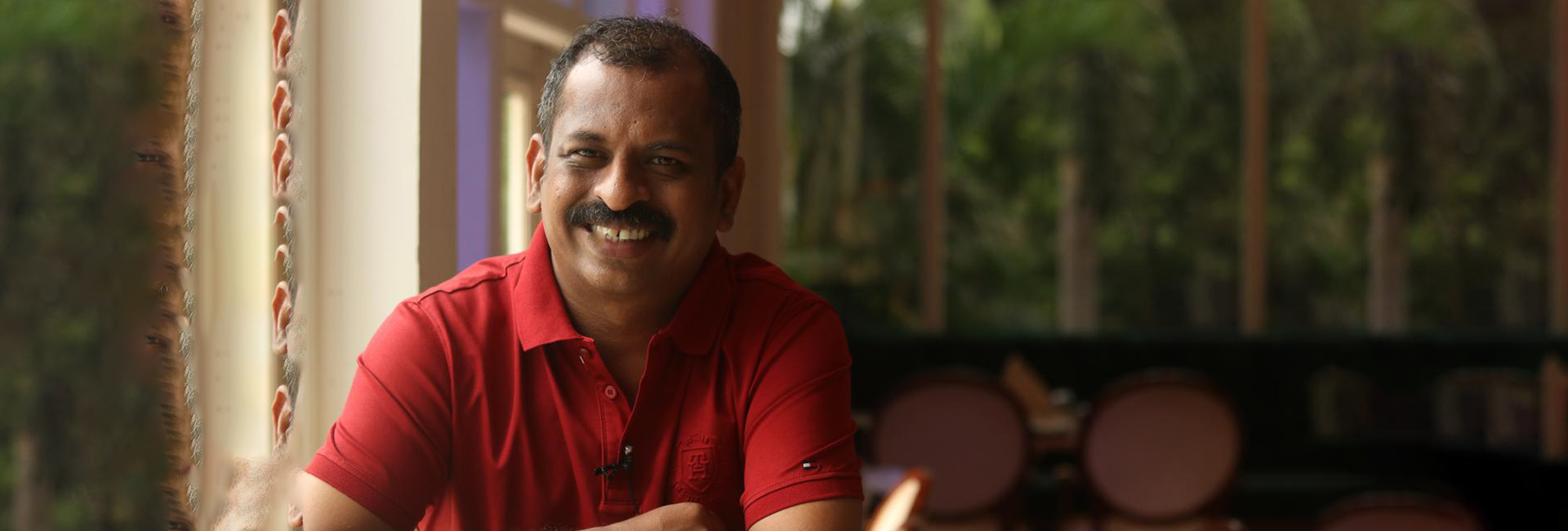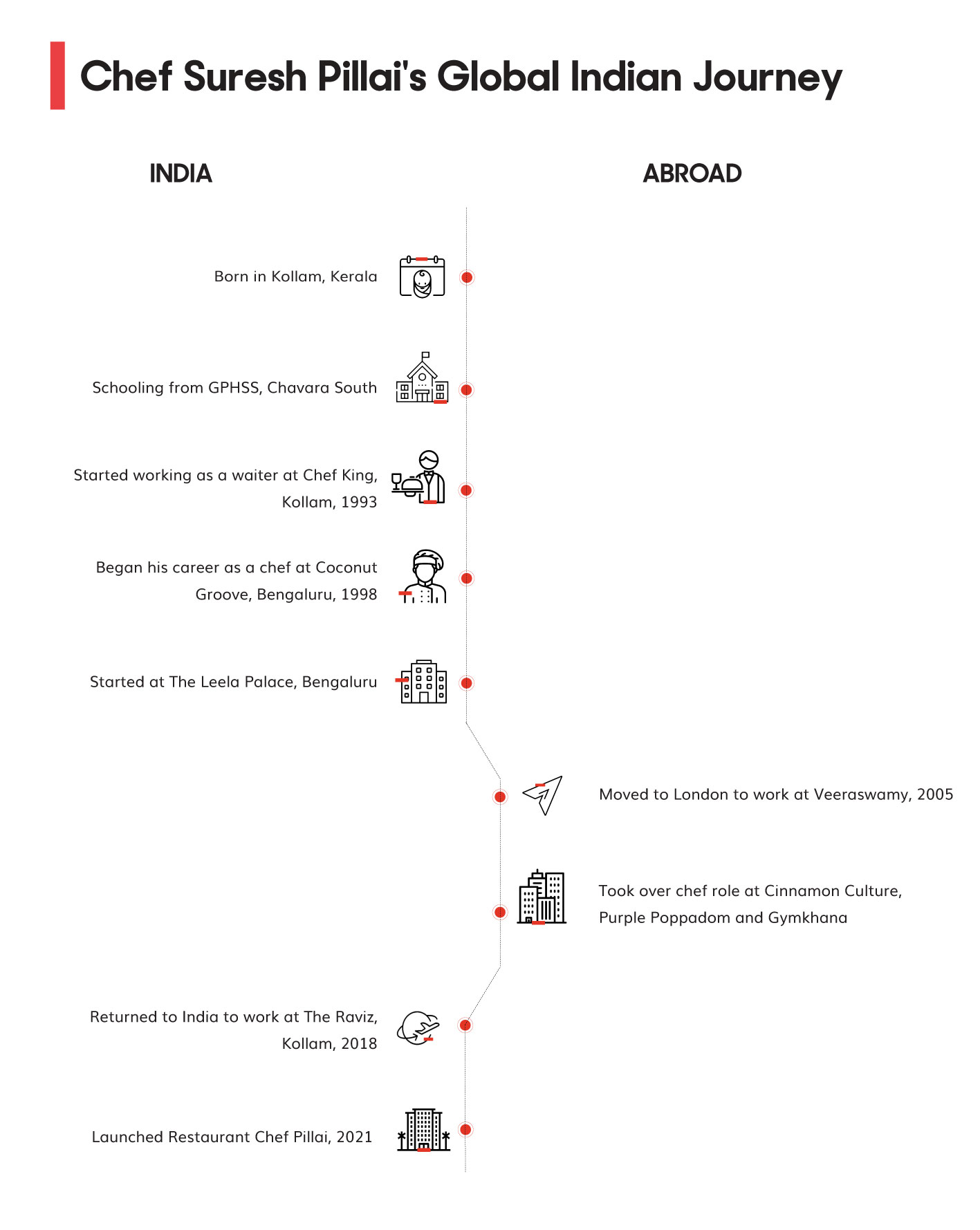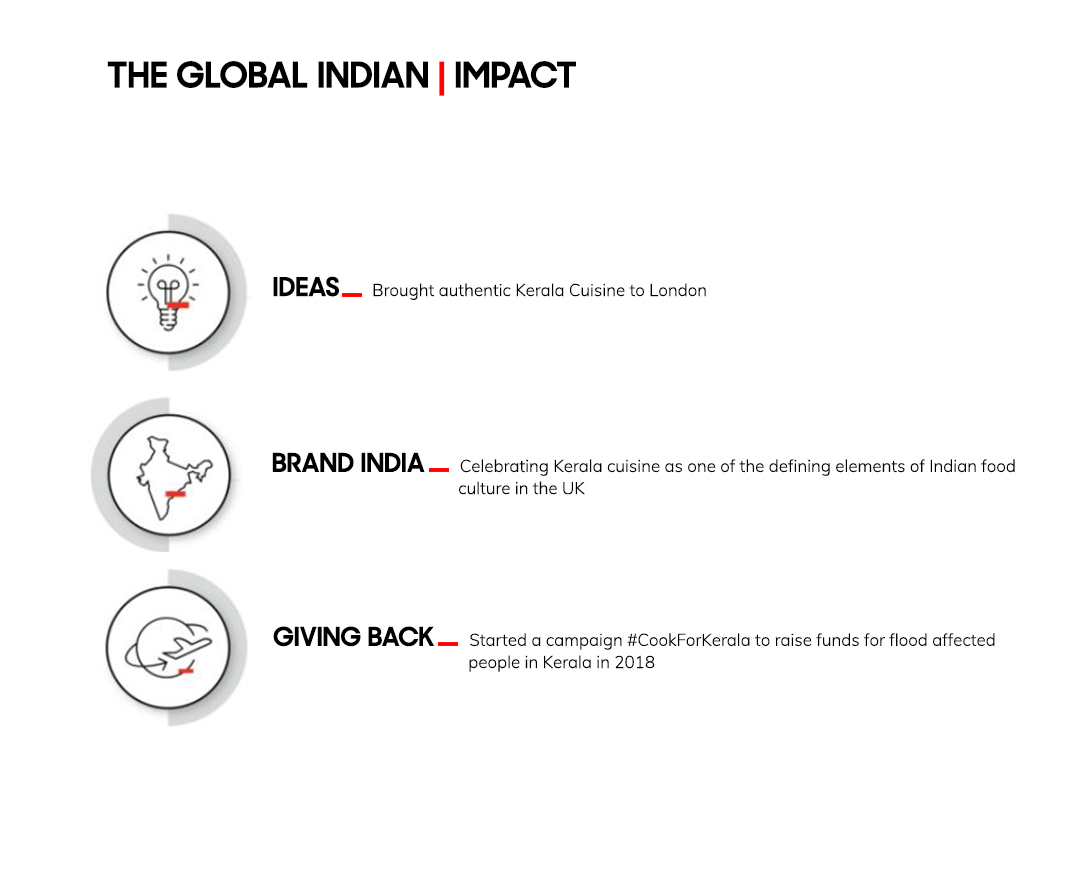Meet Siddharth Singh, a distinguished St Andrew’s alumnus whose life took a transformative turn when he discovered Brazilian Jiu-Jitsu (BJJ) in the UK. Today, he stands as the sole Indian to possess a competitive brown belt in BJJ and the esteemed silver Mongkol ‘Master’ in Muay Thai (Thai boxing). Siddharth’s impact goes far beyond his personal achievements, as he now runs five successful academies in northern India, collectively nurturing around 500 young talents. Additionally, he has empowered over 5000 women through self-defense training and collaborated with renowned NGOs like SLAP and Ritinjali.
(July 22, 2023) Within the domain of close quarter combat, Siddharth Singh stands as an unrivaled marvel. He reads his opponent, finds their weak spots, and can overpower them no matter how strong they are. He’s a master fighter who can calmly render them unconscious if needed.
Siddharth Singh is the only Indian to have a competitive brown belt in Brazilian Jiu-Jitsu (BJJ) and the silver Mongkol ‘Master’ in Muay Thai (Thai boxing). “Brazilian Jiu-Jitsu is all about body control and joint lock manipulation. It’s not so much about strength,” points out Siddharth Singh, a pioneer in Mixed Martial Arts (MMA) in India, speaking exclusively with Global Indian. He holds a decorated track record as a professional fighter. He is India’s highest ranked competitive grappler, India’s only ADCC (Abu Dhabi Combat Club) Taiwan title holder and British BJJ champion. At rank 4 in ACBJJ (Absolute championship of BJJ) world rankings, Siddharth is a 10-time Indian BJJ and Submission grappling champion.
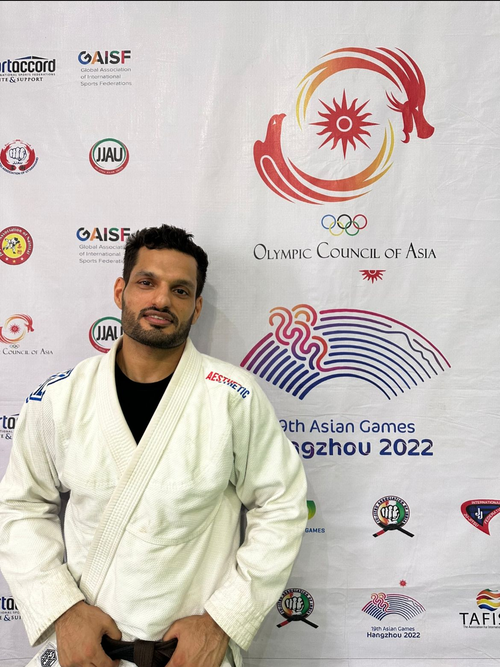
Siddharth Singh, Founder and CEO at Crosstrain Fight Club.
“The fact that BJJ is based around the premise that a smaller, weaker person can potentially defeat a larger, stronger opponent using technique and leverage is what makes it exciting. Strategy, technique, training and mental acumen is all what the sport is about,” says the Global Indian, who currently owns and runs Crosstrain Fight Club, a chain of MMA academies across north India, where he has created some of the best professional fighters in the country.
Grappling his way to success
Grappling demands dedicated focus in training. “It is an old art and there are an infinite number of techniques and positions. So one needs to go in for training with a specific goal in each training session,” he says.
For example, in one training session, the goal could be a specific submission, say, a Kimura joint lock, which is a shoulder lock. “It requires planning the drills around it, a number of different ways of getting to those positions. Rather than thinking of grappling as everything one can do, we narrow down the focus to one specific position for a day,” explains the 36-year-old, who has coached India’s top international MMA fighters like Anshul Jubli and Punyajeet Likharu.
Anshul etched his name in history as the inaugural Indian fighter to secure a coveted Ultimate Fighting Championship (UFC) contract. Moreover, he has served as a coach to more than 100 state and national-level MMA champions.
Lucknow boy
Born in Lucknow, Uttar Pradesh, Siddharth’s passion for combat sports started with boxing while studying at the Doon School, Dehradun. He lost his initial fights but did not give up and continued to train hard. Eventually, he won the ‘Best Boxer’ at the school at age 18.
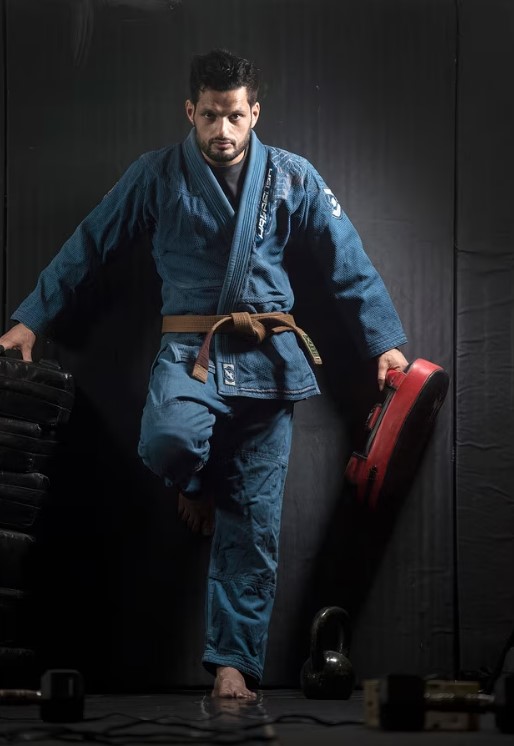
“Boarding school teaches you a lot of skills, you either sink or swim. It taught me to deal with a lot of hardships,” says of his days in Doon School, where he also got introduced to hockey, football, athletics and gymnastics as well. After completing his 12th in Doon School, Siddharth went to Delhi University and completed his undergraduate studies.
Off to St Andrew’s
The turning point in his life came when he got a scholarship to study in the UK for his master’s course in economics and strategy from one of the most prestigious universities in Scotland, St Andrews University in 2007. “That’s where Prince William’s also studied. It was a great learning experience,” smiles Siddharth, who enrolled himself in a Thai boxing gym in north London.
“Thai boxing is very different from traditional boxing. In Thai boxing, they have punches, kicks, elbows, and knees. And Thai boxing is the national sport of Thailand, also called Muay Thai,” he informs. One day, at the Muay Thai gym, he happened to attend a seminar on Brazilian Jiu-Jitsu. Siddharth was hooked instantly. “It’s a martial art that involves strategy and technique,” he says.
At a crossroads
After a year in Scotland, Siddharth landed a job with Britain’s privately owned global company, Pentland Group, which owns and invests primarily in retail and wholesale businesses in the sports, outdoor and sports fashion sectors. He worked as the regional business manager for Europe, the Middle East, Africa, and India.
“The company used to encourage its employees to take up some sporting activity after work hours. I took up MMA,” informs the champion, who has been the national coach of the Indian Muay Thai team and presently serves as the head of the North Zone for Muay Thai in India.
He enjoyed his Muay Thai practice so much that in 2012, he quit his job, returned to India, and started competing in various championships, winning several medals for the country. Around the same time, he launched the first branch of his Crosstrain fight club in Delhi.
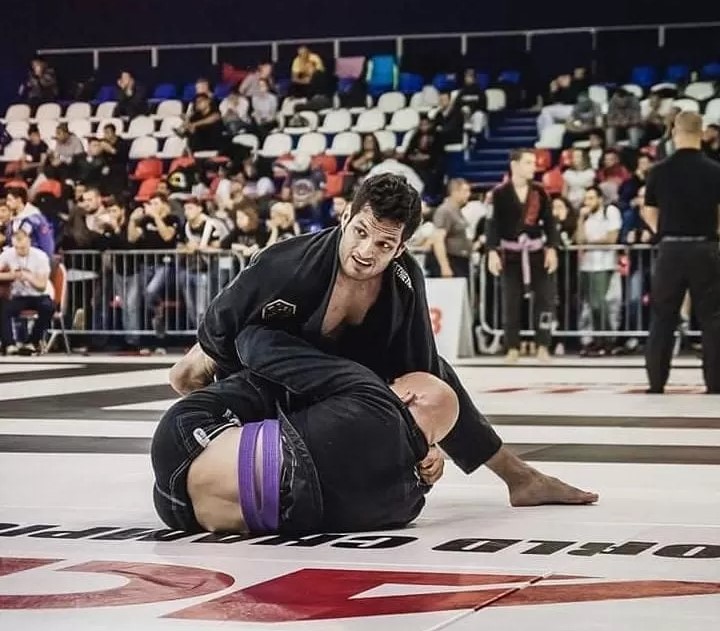
“In India, women come under attack all the time and they lack good self-defense mechanisms. The reason I launched my fight club is to teach them BJJ so they could safeguard themselves,” says Siddharth, who also runs a podcast called “Lockdown with Sid” on YouTube and Spotify.
The professional fighter runs five academies in north India which are presently training about 500 youngsters. Besides, he has trained over 5000 women in self-defense and worked with NGOs like SLAP and Ritinjali.
Bringing Brazilian Jiu-Jitsu to India
Brazilian Jiu Jitsu and Muay Thai, says Siddharth, are very new sports in India. “Muay Thai is the national sport of Thailand and has been around for hundreds of thousands of years. And in India, it’s been there for less than 10 years. It’s the same with Brazilian Jiu-Jitsu,” he says adding most people back home did not even know such combat sports existed.
He says Brazilian Jiu-Jitsu has been included in the upcoming Asian Games in China and Muay Thai is also growing rapidly. “Both the sports will get a lot of attention sooner than later,” says the MMA champ, who also held workshops for corporates including Google, Wrigley, and Mars.
A regimented life
When preparing for tournaments, Siddharth indulges in actual hand-to-hand combats, weight training, lots of conditioning and fitness exercises the whole week. “There is a lot of focus on techniques and I train for it specifically for most part of the day and then do some sparring. It’s a tough training schedule,” informs the fighter, who will be representing India in three international tournaments in Abu Dhabi coming up soon.
Elon Musk Vs Mark Zuckerberg
With reports suggesting that Elon Musk and Mark Zuckerberg might indulge in a “cage fight” soon, Siddharth says both are just beginners in Brazilian Jiu-Jitsu. “Both are white belts, absolute beginners. But let’s be honest, these guys are not high-level competitors or athletes. They are celebrities who, if indulge in the fight, will end up just grabbing the eyeballs.”
Podcasts
When not fighting, Siddharth likes to listen to podcasts during his travels. “It helps me learn new skills,” says the Indian Muay Thai champion who also likes to read books on business strategies.



 Reema Mahajan, founder, Indian women in Dubai[/caption]
Reema Mahajan, founder, Indian women in Dubai[/caption]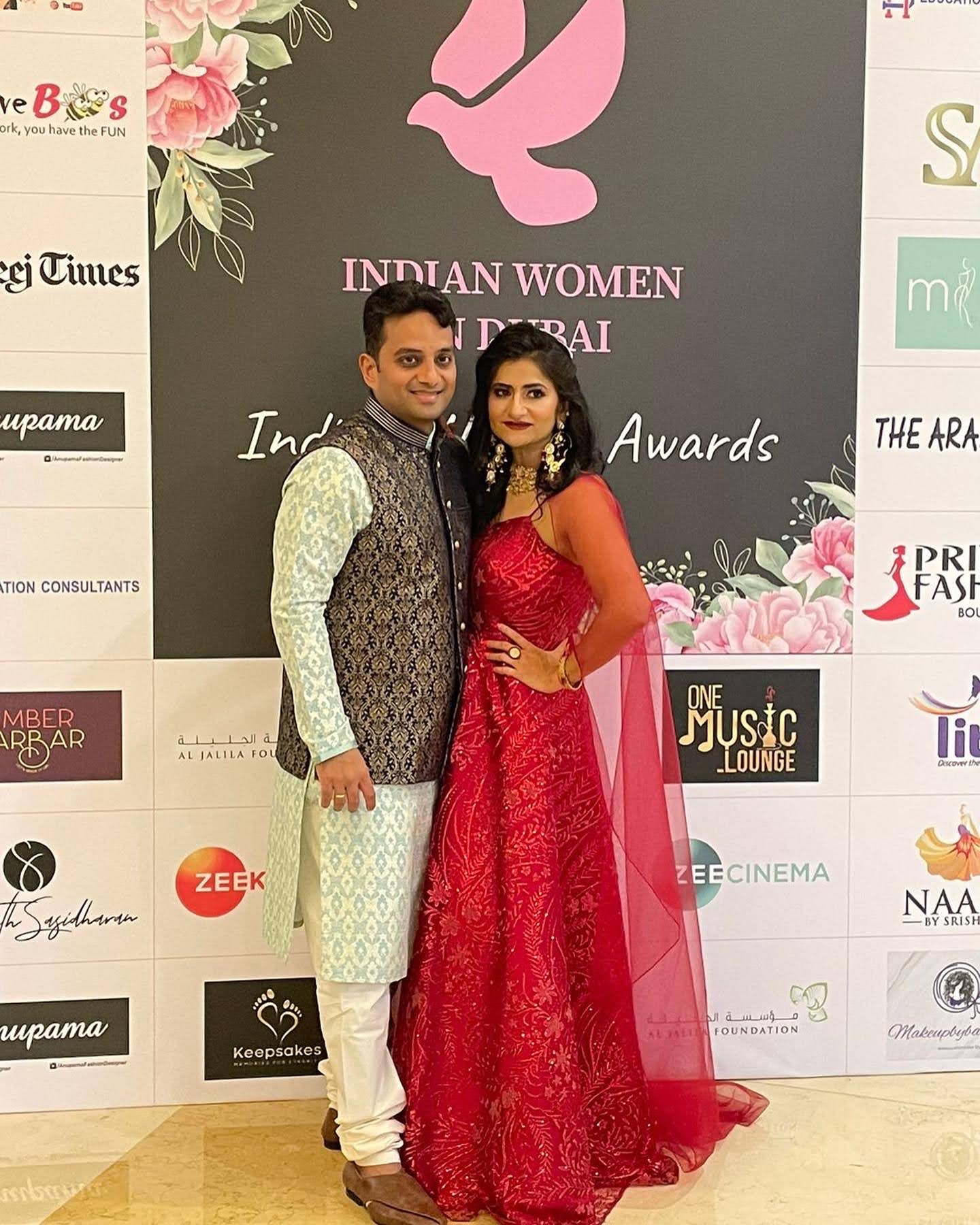
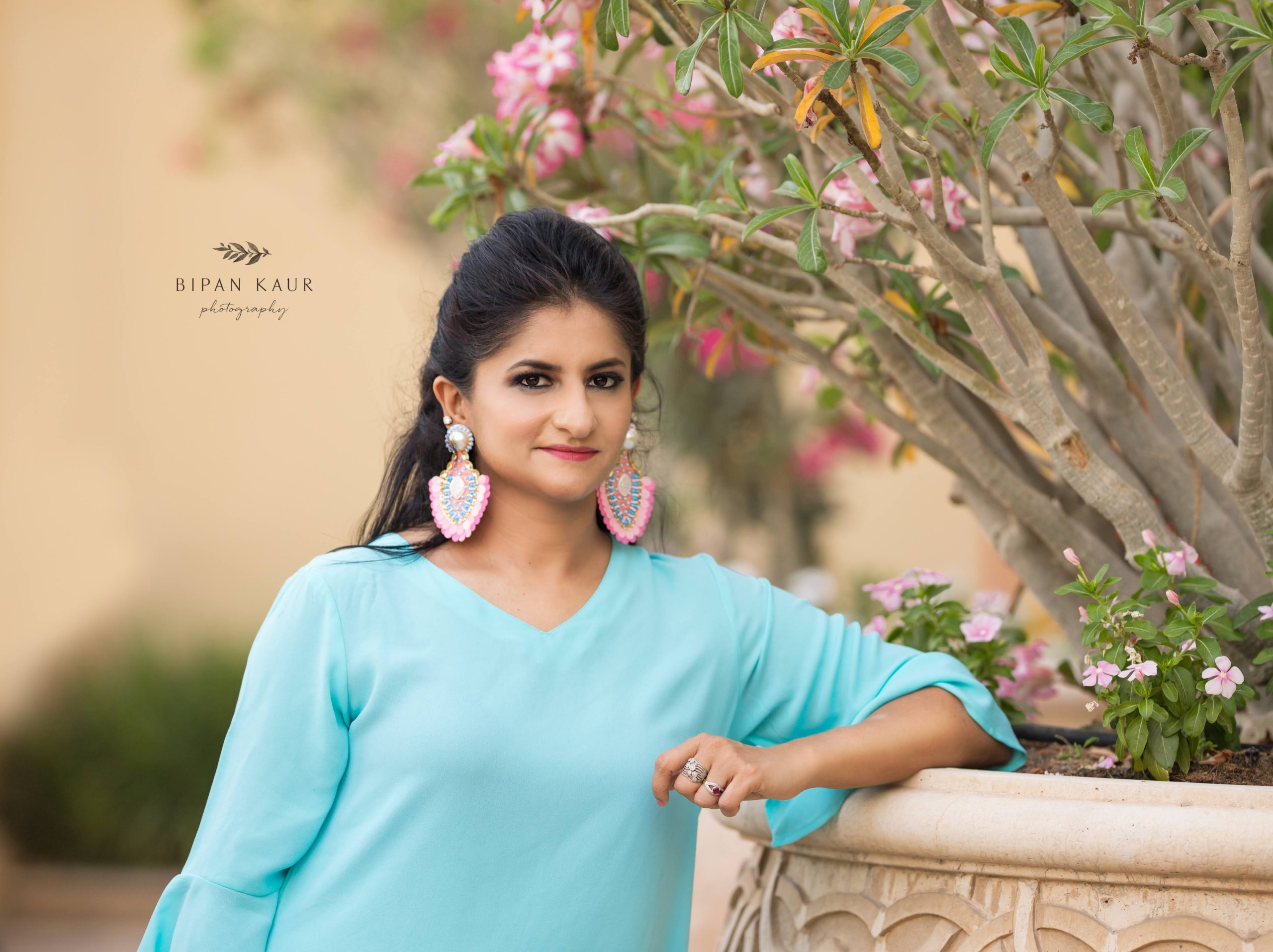
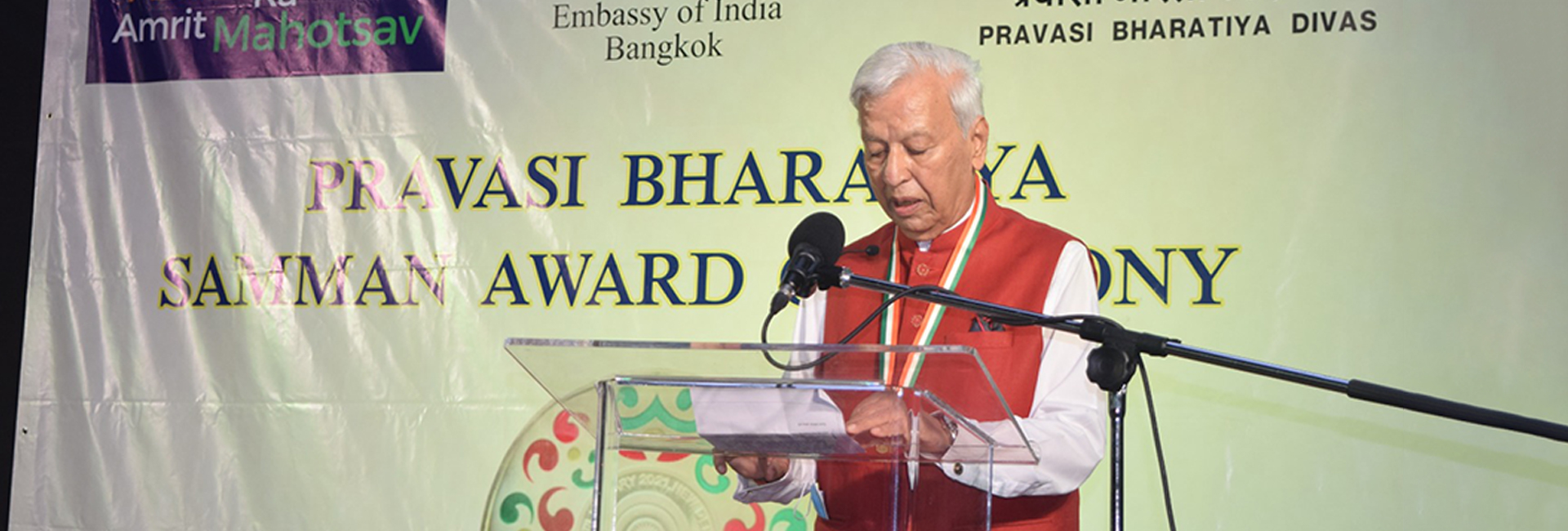
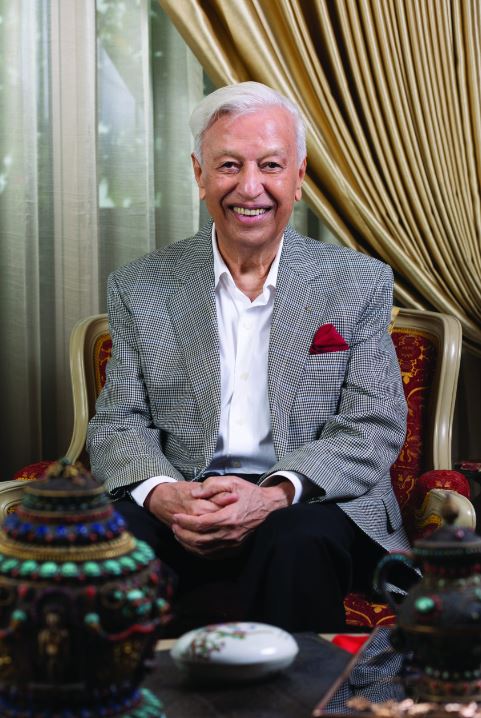 Vashi Purswani | Photo Credit: Masala Magazine[/caption]
Vashi Purswani | Photo Credit: Masala Magazine[/caption] Vashi Purswani was handed over the Pravasi Bharatiya Samman Award (PBSA) from Indian Ambassador to Thailand, Suchitra Durai | Photo Credit: Embassy of India, Bangkok[/caption]
Vashi Purswani was handed over the Pravasi Bharatiya Samman Award (PBSA) from Indian Ambassador to Thailand, Suchitra Durai | Photo Credit: Embassy of India, Bangkok[/caption]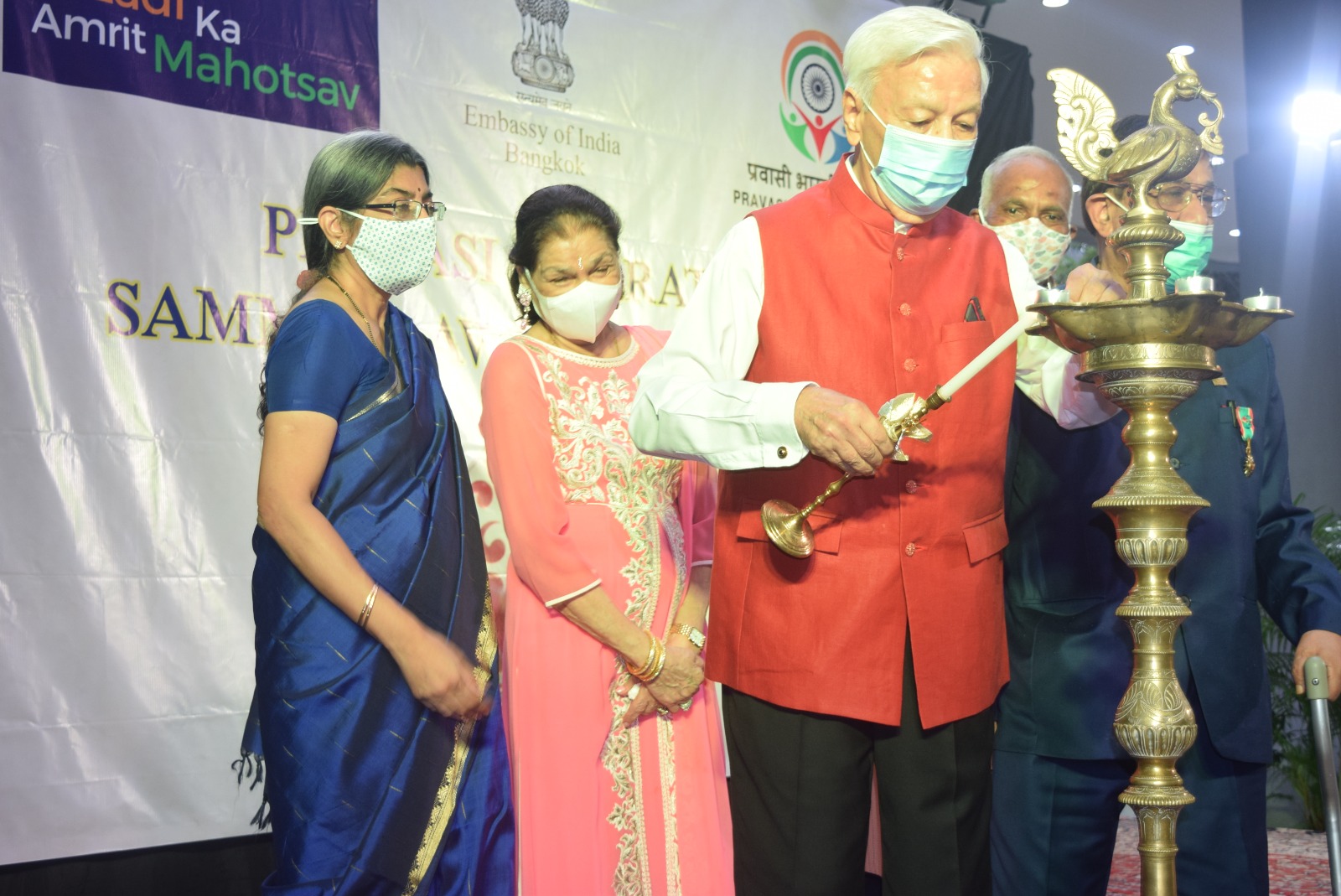 Vashi Purswani during Pravasi Bharatiya Samman Award (PBSA) ceremony | Photo Credit: Embassy of India, Bangkok[/caption]
Vashi Purswani during Pravasi Bharatiya Samman Award (PBSA) ceremony | Photo Credit: Embassy of India, Bangkok[/caption]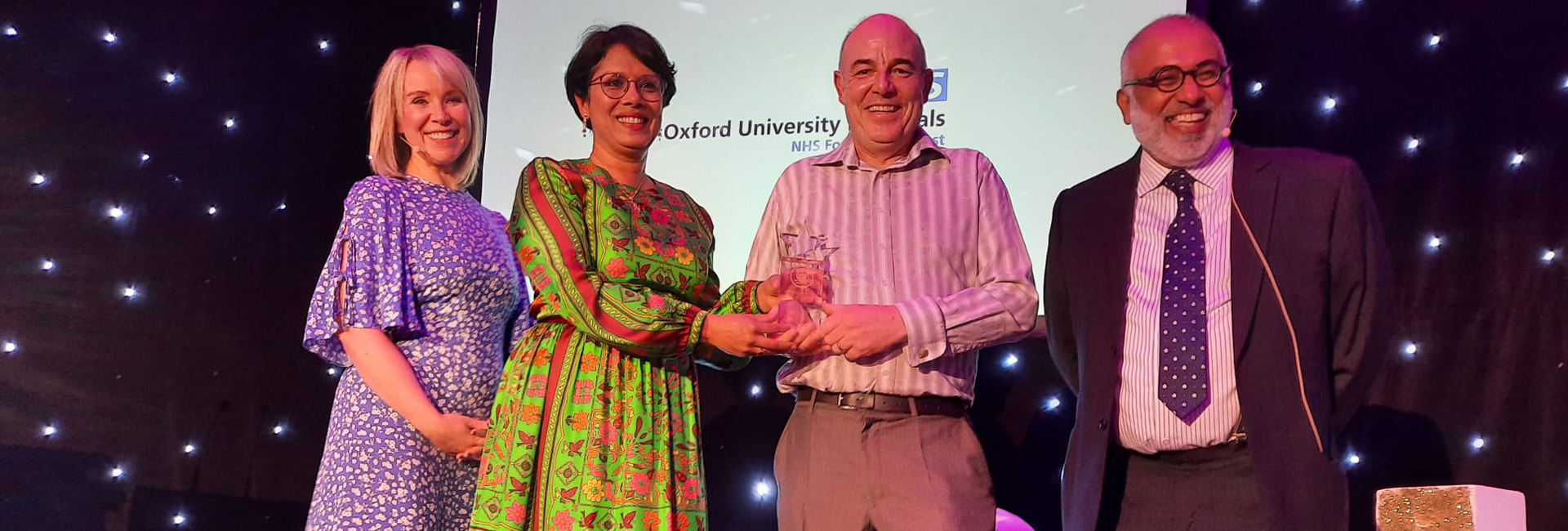


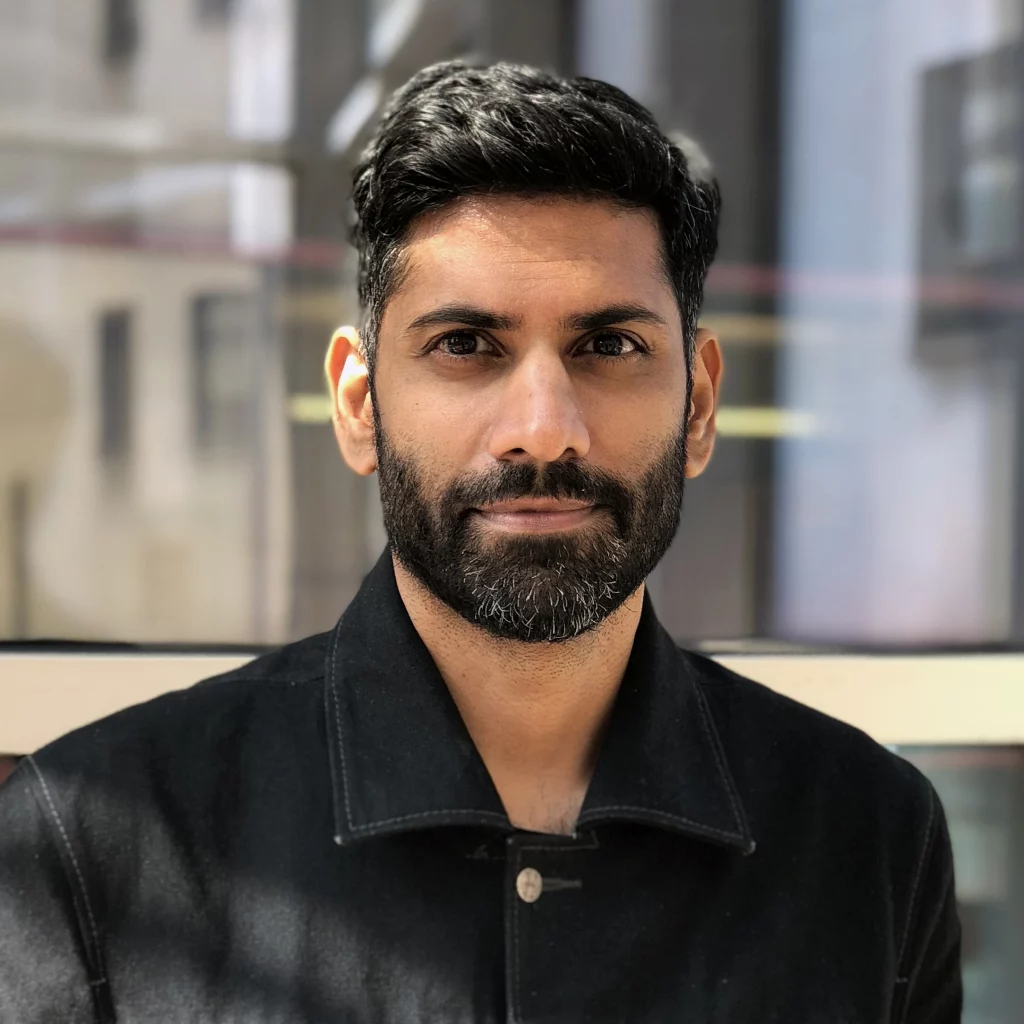 Shivdev Rao[/caption]
Shivdev Rao[/caption]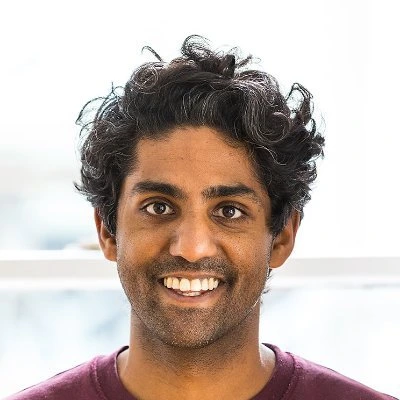 Tuhin Srivastava[/caption]
Tuhin Srivastava[/caption]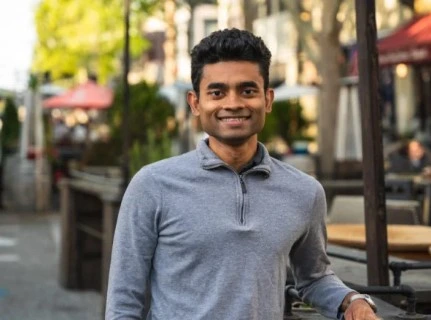 Varun Mohan[/caption]
Varun Mohan[/caption]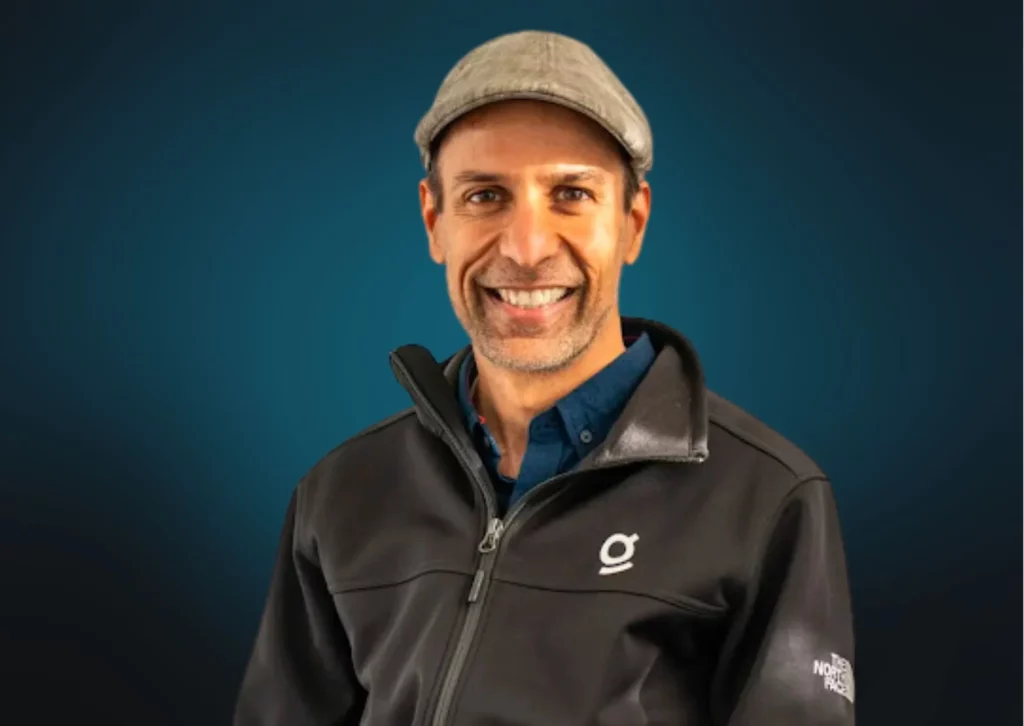 Arvind Jain[/caption]
Arvind Jain[/caption]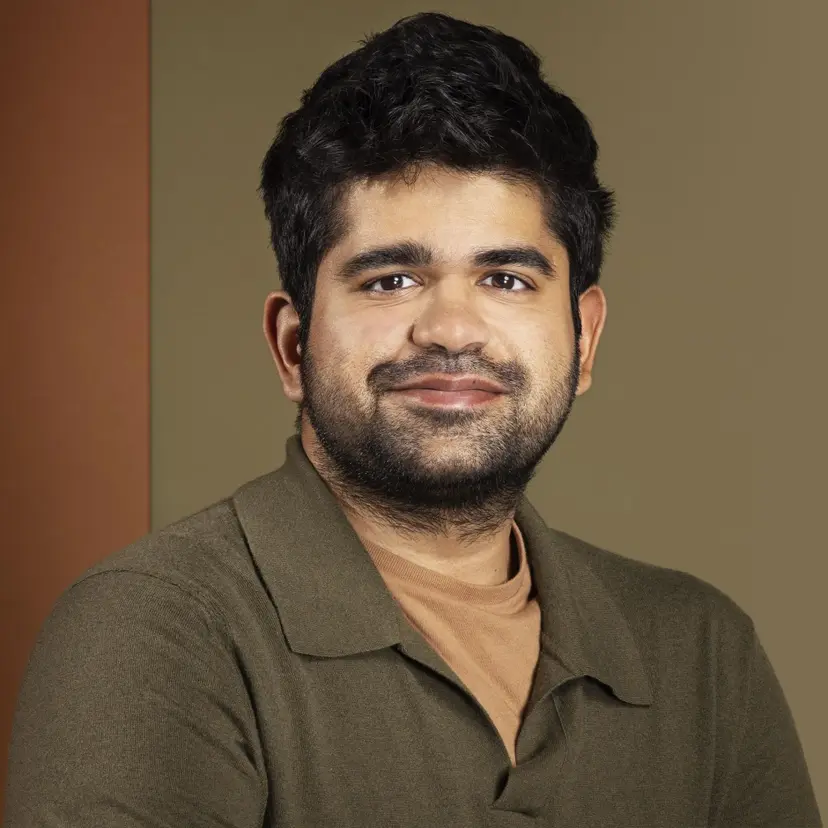 Aravind Srinivas | Perplexity AI | Forbes AI 50 List[/caption]
Aravind Srinivas | Perplexity AI | Forbes AI 50 List[/caption]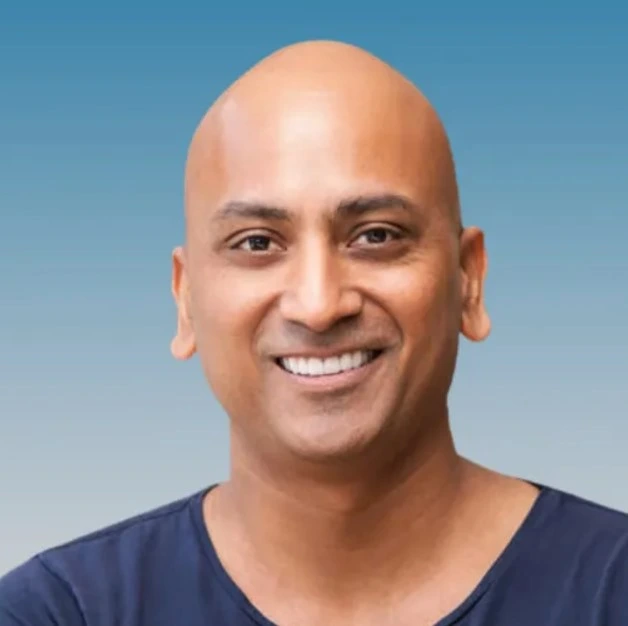 Vipul Ved Prakash | Together AI | Forbes AI 50 List[/caption]
Vipul Ved Prakash | Together AI | Forbes AI 50 List[/caption]